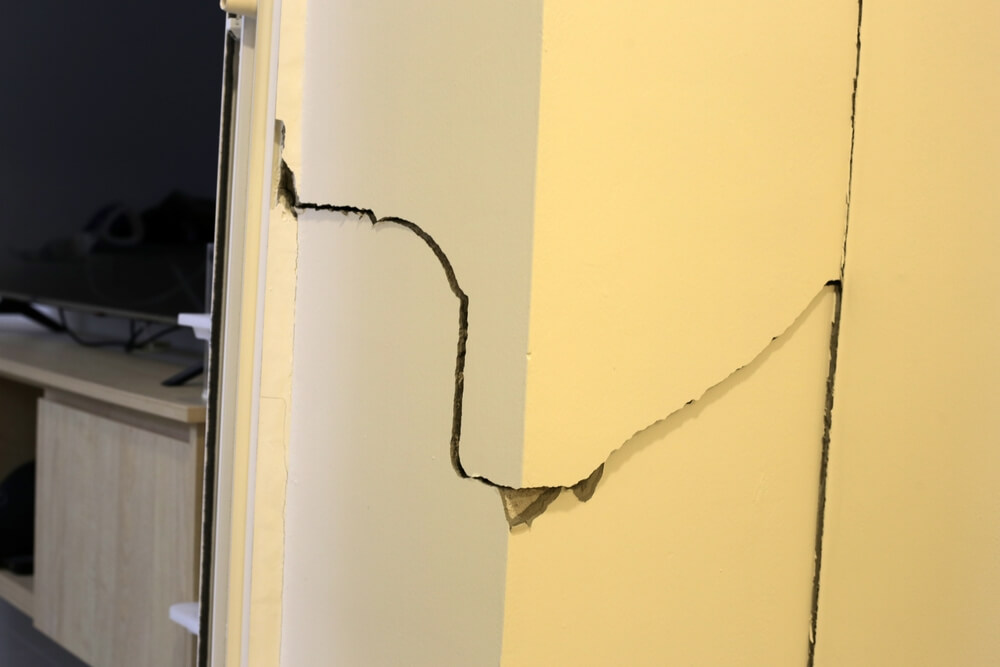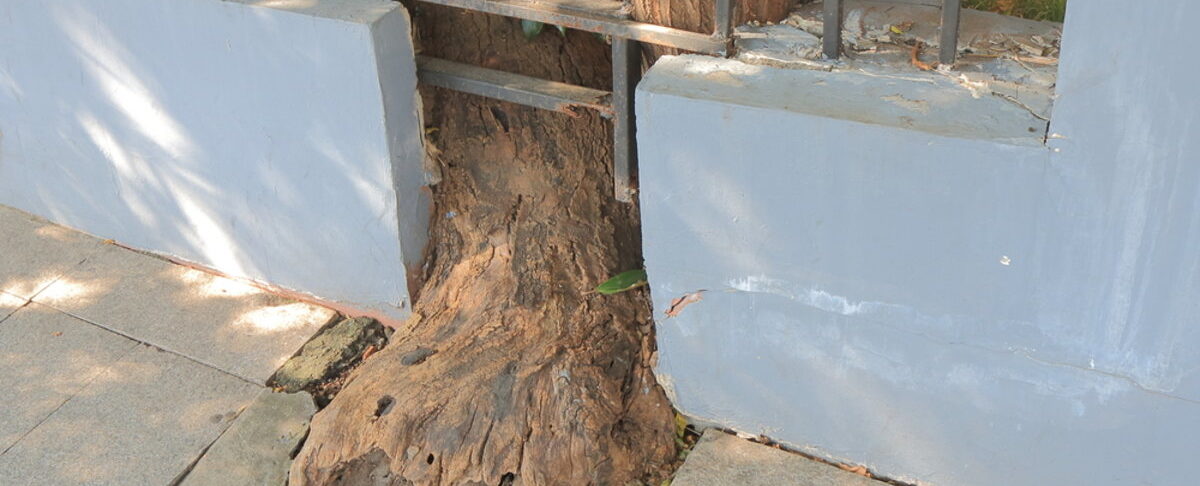Foundation cracks often get blamed on natural settling or old age. But when cracks appear without clear reason, the problem could lie underground. Tree roots, although a sign of a healthy yard, can cause major structural issues if they grow too close to your home. These roots can shift soil, create pressure, and eventually damage your foundation. Early detection and action are key to preventing expensive repairs.
How Tree Roots Affect Your Foundation
Pressure and Soil Displacement
Tree roots grow in search of moisture, often following water toward the soil surrounding your home. Over time, roots can grow thick and strong, pressing against the foundation or displacing the soil underneath. This movement leads to stress on concrete, causing cracks or shifts.
Large trees like oaks, elms, and maples have aggressive root systems. When planted too close, these roots can easily reach your foundation and begin causing problems. Even smaller trees can do damage if their roots spread wide enough.
Signs of Tree Root Damage to Your Foundation
Inside the Home
Signs of trouble often appear indoors before you notice anything outside. Common symptoms include:
- Cracks in drywall or ceiling corners
- Doors and windows that stick or don’t align
- Sloping or uneven floors
- Gaps between walls and floors
If these issues worsen with time, it could mean something is shifting beneath your home.
Outside Clues
Outdoors, signs may include buckled walkways, exposed tree roots near the house, or cracked patios and driveways. If you notice large roots close to your foundation, it’s worth getting a professional opinion. These roots may already be putting pressure on the structure.
Confirming the Cause
When to Involve a Professional
It’s not always easy to tell whether tree roots are the direct cause of foundation damage. A structural engineer or foundation specialist can assess the situation. They might use ground scans or soil testing to determine what’s going on underground. This helps ensure the real cause is identified before any work begins.
How to Solve Tree Root Damage to Your Foundation
Removing Roots Safely
If tree roots are confirmed to be the cause, removal must be handled carefully. Cutting large roots can destabilize the tree and create new hazards. In many cases, an arborist can help trim roots in a way that protects both the tree and the foundation.
A root barrier may also be installed. These physical barriers stop roots from reaching the foundation without harming the tree. They’re especially helpful when trees are too valuable or mature to remove.
Repairing the Foundation
Once roots are dealt with, the next step is repairing any damage. This might involve sealing cracks, reinforcing structural components, or lifting sunken areas. The approach depends on the severity of the issue. In more serious cases, foundation underpinning may be required.
Preventing Future Issues
Smarter Planting
To avoid future damage, plant large trees at least 20–30 feet from your home. Research root spread before choosing any tree for your yard. What starts as a small sapling can grow into a structural threat over time.
Regular Inspections
Even if no damage is visible now, routine checks of your home’s foundation and surrounding areas can catch early signs. Consider annual inspections, especially if you have mature trees nearby. An arborist can help assess root growth and advise on safe management.
Final Thoughts

Tree root damage to your foundation is a real and often hidden threat. If you notice cracks, uneven floors, or shifting walls, it’s worth checking what’s happening underground. Taking early action can save you time, money, and long-term stress. For expert help with foundation damage and outdoor concrete work, contact Richfield Concrete today.




